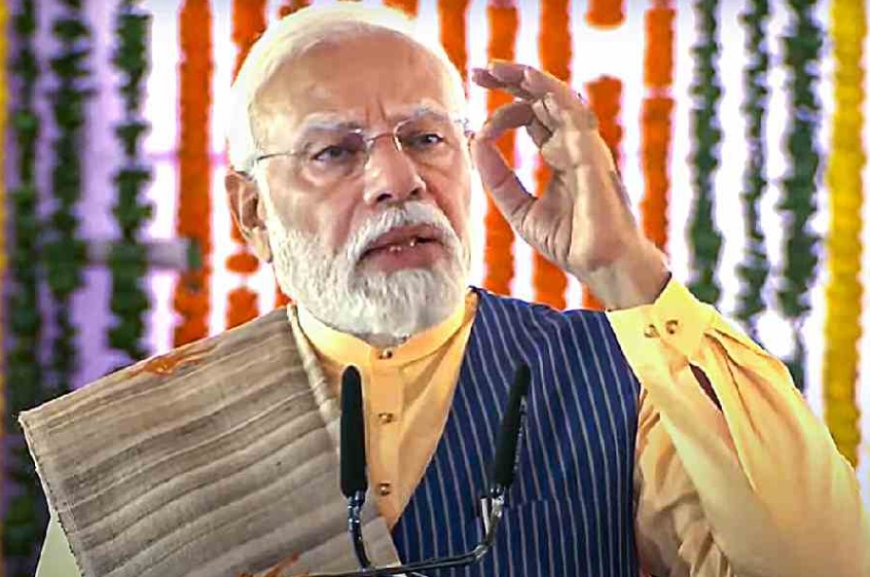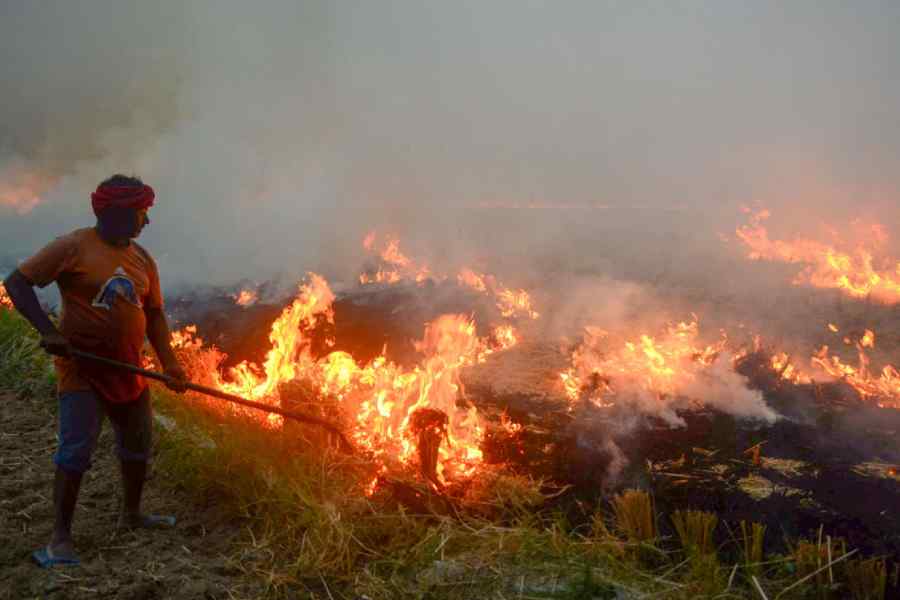Bihar's caste census approach could have saved SECC from data muddle, says former bureaucrat
SECC caste data remains unreleased by Centre, while Bihar survey data is likely to be out within 16 months

A former bureaucrat claimed that the central government's Socio-Economic Caste Census, which was conducted in 2011–12, would have been less of a muddle of overlapping data if it had adopted Bihar's caste survey's approach.
The SECC caste data has not yet been made public by the Narendra Modi administration since its untangling is not yet complete. The government's true concern, according to critics, was that disclosing the data may result in requests for boosting the reservation volumes, as the Bihar study has now done.
N.K. Sahu, a retired bureaucrat who had been one of those in charge of the SECC, claimed that had the SECC used the approach of the Bihar caste census, it would have saved itself from the trouble. At the Inferential Survey Statistics and Research Foundation in Delhi, he is currently a researcher.
The rural development ministry, the housing and urban poverty alleviation ministry, and the Registrar General of India together organized the SECC. Along with questions on possessions like phones, motorcycles, land, and pucca houses, it also questioned households about caste and financial information like tax payments.
The Press Information Bureau reported on July 16, 2015, that the SECC had produced roughly 46 lakh "castes" that included real castes, alternate caste names, sub-castes, surnames, clans, and gotras.
In 2015, after the government made the economic data public, a committee was formed under the leadership of Arvind Panagariya, then the vice-chairman of Niti Aayog, to sort all the houses according to their actual caste names and determine their economic standing. The committee has yet to submit its report because it never met.
The caste survey in Bihar, however, might be made public within 16 months of the decision to perform it. A list of 214 castes and a 215th group called "Others" were provided to the surveyors in advance. Unsurprisingly, the survey only found 214 castes in the state that did not overlap.
According to Sahu, who managed the census on behalf of the rural development ministry, the SECC surveyors lacked a list of castes.
"The enumerators entered the household data under the appropriate caste headings in the Bihar survey. The questions in the SECC, however, were more open-ended. The homes were questioned about their caste by the numerators, Sahu added.
People varied in how they disclosed their surname, gotra, and caste. The SECC consequently produced several lakh "caste names" that were not castes.
However, he said that the initial SECC "caste" data could have been readily reorganized along actual caste boundaries.
According to Sahu, the Bihar study used Hindi to write the caste names, accounting for phonetic differences. The SECC survey was written in English.
The "focus shift"
The Bihar caste census, which estimates the total number of OBCs and EBCs in the state at 63% of the population, according to economist Sunil Ray, a former director of the A.N. Sinha Institute in Patna, has altered the focus of the quota issue, he said.
He claimed that while people had previously questioned "the necessity of reservation," the current focus was on whether the quota volumes for particular castes needed to be adjusted.
Currently, Bihar provides a sub-quota of 18% for the EBCs (Extremely Backward Classes) inside the OBC reservation of 34%.
Since there are few opportunities, Ray argued for the inclusion of economic criteria for "positive discrimination" among members of the same disadvantaged groups who wish to use reservations.
The "creamy layer" cut-off currently only applies to OBC reservations; Scheduled Castes and Scheduled Tribes are not included.
"It is possible to evolve an economic-criteria-based policy for positive discrimination to ensure that needy persons among the SCs, STs, and OBCs get the benefits," Ray added.
The establishment of employment and income opportunities, he continued, is more crucial than simply reserving jobs.
Except for the headline, this story has not been edited by Press Time staff and has been published from a syndicated feed.





















































